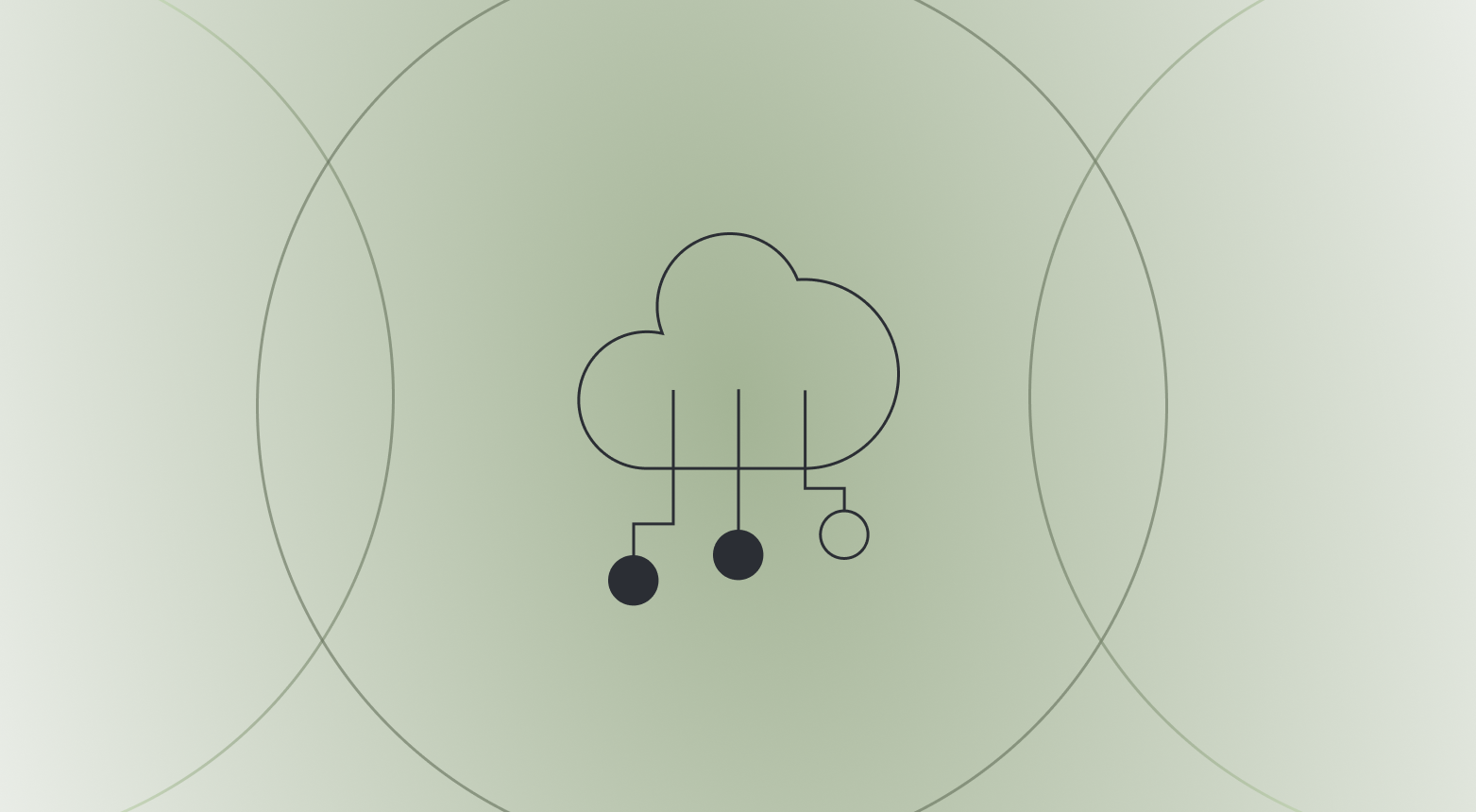Key Takeaways
- FHIR MCP Server eliminates weeks of FHIR learning for healthcare developers. Provides a natural language interface to FHIR-compliant healthcare systems, removing the barrier of complex medical data standards and terminology that typically blocks AI healthcare development.
- Full CRUD operations on major FHIR resources through conversational queries. Handles Patient, Observation, Condition, and Medication resources with automatic LOINC code validation to prevent AI hallucination of medical terms.
- Powers diverse clinical applications from decision support to research. Enables clinical decision support systems, EHR analytics dashboards, telemedicine platforms, healthcare AI applications, clinical research tools, and workflow automation.
- Built-in medical accuracy and authentication handling. Includes LOINC validation, intelligent document processing through vector search, OAuth2 flow management, and seamless integration with FHIR backends like Medplum or Epic.
- Production-ready and available on GitHub. Works with MCP-compatible clients like Claude Desktop out of the box. Setup takes under five minutes with Docker and comprehensive documentation included.
Is Your HealthTech Product Built for Success in Digital Health?
.avif)
Healthcare systems generate vast amounts of structured clinical data through Electronic Health Records (EHRs), but accessing this information efficiently requires deep knowledge of FHIR standards and medical terminology. FHIR is the gold standard for healthcare data exchange, but its complexity often becomes a barrier for developers who want to build healthcare AI solutions.
What is FHIR MCP Server
The FHIR MCP Server is an open-source tool that implements the Model Context Protocol, providing a natural language interface for FHIR-compliant healthcare systems. It bridges the gap between complex FHIR resources and AI applications by handling the technical complexity of healthcare data standards.
The server provides full CRUD operations on major FHIR resources like Patient, Observation, Condition, and Medication through tools that AI agents can use naturally. Instead of learning FHIR specifications and writing custom integration code, developers can query clinical data using conversational language through MCP-compatible clients like Claude Desktop.
Key capabilities include automatic LOINC code validation to prevent AI hallucination of medical terms, intelligent document processing through vector search, and seamless integration with existing FHIR-compliant backends like Medplum or Epic.
Why It Matters for Healthcare Developers
Building healthcare applications typically means spending weeks learning FHIR documentation before writing a single line of application code. Even experienced developers struggle with medical terminology validation, OAuth2 flows for FHIR servers, and the complexity of healthcare data relationships.
The FHIR MCP Server eliminates this learning curve. Developers can focus on building clinical features instead of becoming FHIR experts. The server handles authentication complexity, prevents medical code hallucination, and provides semantic search across clinical documents - all through simple natural language queries.
his approach is particularly valuable when building AI-powered clinical tools where accuracy is critical and development speed determines market success. Unlike traditional APIs that require developers to understand complex FHIR data models where nearly all fields are optional, MCP enables AI agents to adaptively select appropriate tools and input parameters, iteratively refining their approach when encountering errors.
Use Cases for Developers
Clinical Decision Support Systems
Healthcare developers building CDSS tools can leverage patient medical histories to help clinicians make better decisions. A doctor reviewing a patient with headaches can ask an AI assistant whether any previously diagnosed conditions might be related to current symptoms.
The FHIR MCP Server automatically retrieves relevant patient conditions, analyzes medication history, and checks recent lab results to provide a complete clinical picture. This eliminates the manual process of searching through multiple EHR screens and reduces the risk of missing important clinical connections.
EHR Integration and Analytics
Development teams building analytics dashboards for healthcare organizations can use FHIR MCP Server to query clinical data without writing complex FHIR queries. Instead of having technical teams become bottlenecks for every data analysis request, clinical staff can ask questions directly.
A quality improvement team can query "Show me all patients with diabetes who haven't had an A1C test in the past 6 months" without understanding FHIR resource structures or LOINC codes. The server handles the medical terminology and returns accurate results.
Healthcare AI Applications
AI-powered healthcare tools require reliable access to structured clinical data. Developers building diagnostic support tools, treatment recommendation engines, or clinical research platforms can use FHIR MCP Server to ensure their AI models receive accurate medical data.
The server's built-in LOINC validation prevents common issues where AI models hallucinate medical codes or misinterpret clinical terminology. This accuracy is essential for healthcare applications where incorrect data interpretation can impact patient care.
Telemedicine and Remote Monitoring
Telemedicine platforms need quick access to patient histories during virtual consultations. Instead of clinicians manually searching through patient records, AI assistants powered by FHIR MCP Server can surface relevant information contextually.
A telemedicine provider can ask "What chronic conditions does this patient have and what medications are they currently taking?" The server processes the query against FHIR resources and returns structured information that helps providers make informed decisions during time-limited virtual visits.
Clinical Research and Data Analysis
Research teams conducting clinical studies often need to extract specific patient cohorts or analyze treatment outcomes across large datasets. FHIR MCP Server enables researchers to query clinical databases using natural language instead of writing complex database queries.
Researchers can ask "Find all patients diagnosed with hypertension in the last two years who are currently on ACE inhibitors" and receive accurate results without deep FHIR knowledge. This accelerates research timelines and reduces technical barriers for clinical investigators.
Healthcare Workflow Automation
Healthcare organizations building internal tools for care coordination can use FHIR MCP Server to automate routine clinical workflows. Care managers can set up automated queries to identify patients who need follow-up care or are due for preventive screenings.
The server can power notifications like "Identify diabetic patients who haven't had eye exams in 12 months" or "Find patients on blood thinners who need upcoming lab monitoring." These queries run automatically and help healthcare teams stay proactive about patient care.
When FHIR MCP Server Adds Value
FHIR MCP Server is most valuable when you're building healthcare applications that need to integrate with existing clinical systems, require medical terminology accuracy, or want to provide AI-powered clinical insights. It's particularly useful for teams that want to prototype healthcare AI features quickly without investing months in FHIR learning.
The server works best for applications where clinical accuracy is critical, integration with EHR systems is required, or where non-technical healthcare staff need to query clinical data directly. It's designed for scenarios where generic AI tools aren't sufficient because healthcare-specific validation and terminology are essential. Traditional API endpoints often fall short in healthcare scenarios due to FHIR's complexity - making it an ideal use case for MCP's adaptive, AI-driven approach to data interaction.
Getting Started
The FHIR MCP Server is available on GitHub with Docker setup and works with popular FHIR backends like Medplum out of the box. The server includes comprehensive documentation, demo videos, and can be configured with Claude Desktop or any MCP-compatible client in under five minutes.
Resources:
- GitHub Repository: github.com/the-momentum/fhir-mcp-server
- Model Context Protocol: modelcontextprotocol.io
- Momentum Healthcare Tools: github.com/the-momentum
For healthcare development teams, the server provides immediate access to clinical data through natural language interfaces, allowing teams to focus on building features that improve patient care rather than wrestling with healthcare data standards.
Frequently Asked Questions
The FHIR MCP Server is an open-source tool that provides a natural language interface for working with healthcare data in the FHIR format. It eliminates the need for developers to spend weeks learning FHIR specifications by allowing them to interact with healthcare data using conversational language instead of complex technical queries.
You can build AI-powered clinical tools where doctors query patient histories conversationally, create clinical decision support systems that analyze patient data automatically, integrate FHIR data into existing healthcare applications, and develop tools that process and search through medical documents using natural language.
Traditional HL7 standards (like HL7 v2) use complex messaging formats, while FHIR uses modern web technologies such as REST APIs, JSON, and XML. FHIR is faster, more developer-friendly, and easier to integrate with mobile health apps, telemedicine solutions, and AI-powered platforms-key focus areas for Momentum’s digital health projects.
Momentum offers FHIR API integration services, HL7-to-FHIR migration support, and custom interoperability solutions for healthtech teams. We help healthcare companies develop FHIR-compliant apps that connect with EHRs, patient portals, and telehealth platforms while meeting HIPAA, GDPR, and US interoperability mandates.

















.png)
.png)
